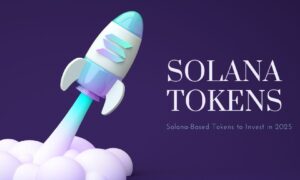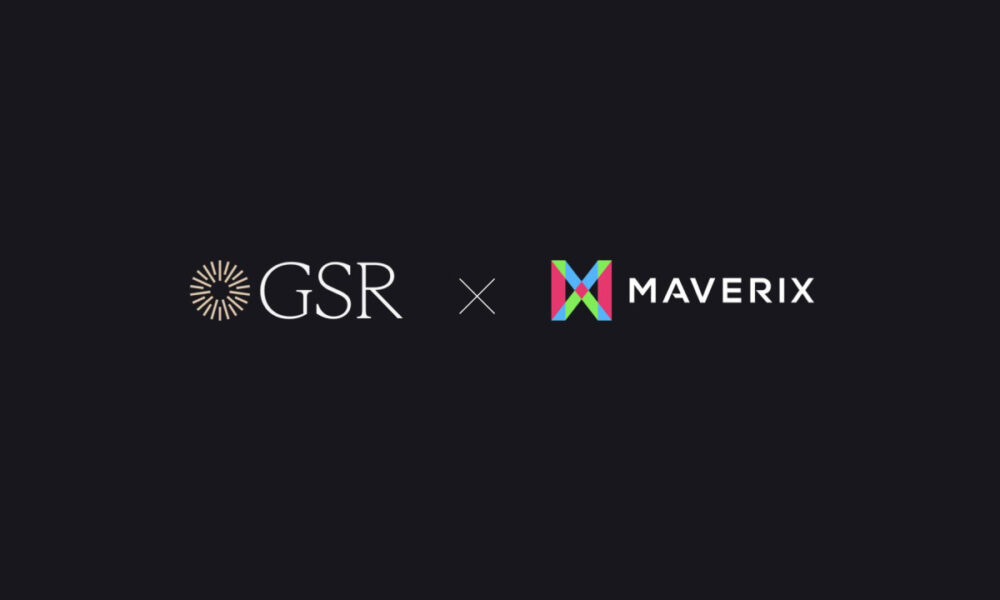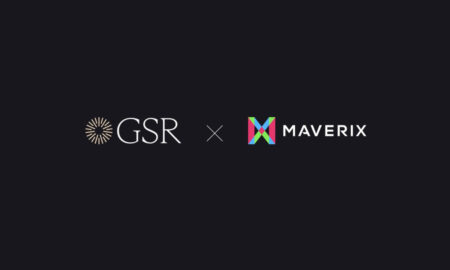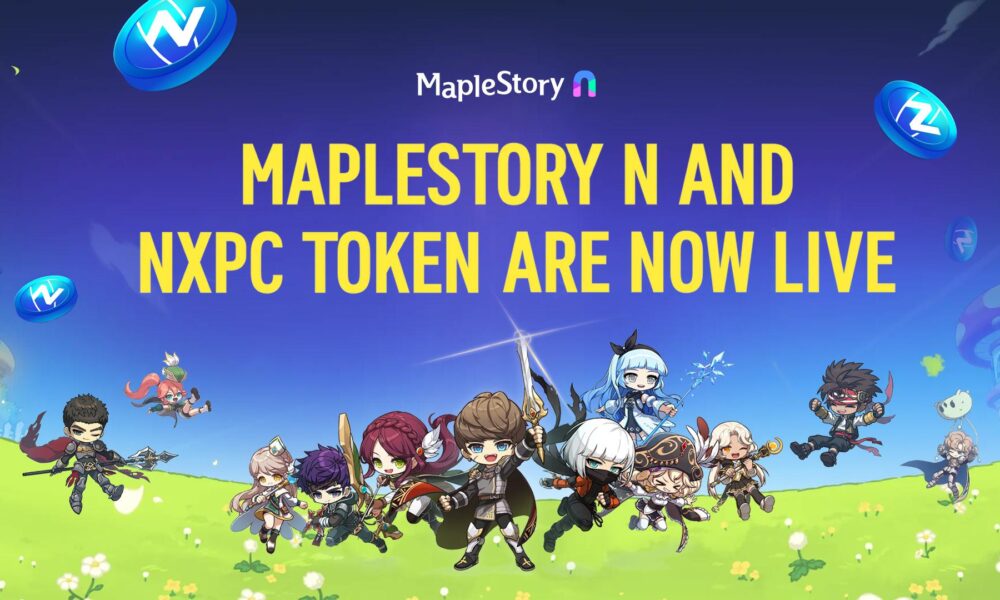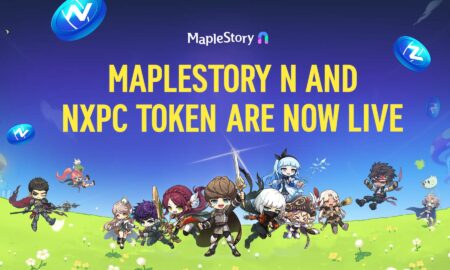The way society accesses information is undergoing an unprecedented transformation. A growing number of users are relying on Large Language Models (LLMs), such as the popular ChatGPT or Perplexity AI, to conduct searches, obtain answers, and generate content. This paradigm shift is redefining online visibility strategies for businesses and creators, marking the dawn of what experts are calling “SEO 2.0.“
While traditional search engines, like Google, continue to manage a massive volume of queries – with estimates around 1.63 trillion visits to their platforms – the emergence of generative AI tools is reshaping the landscape. Platforms like ChatGPT have achieved notable figures, with approximately 47.7 billion visits, illustrating a clear trend. Although in terms of global volume AI chatbots may currently represent a smaller percentage (around 2.96%) compared to established giants, their adoption rate is a key indicator. ChatGPT, for example, has registered a 67% year-over-year growth, evidencing a rapid migration of users towards conversational AI for a diverse range of informational needs, from resolving specific doubts to in-depth research and the generation of new ideas.
These LLMs are not limited to being mere question-answerers; they act as sophisticated interpreters and synthesizers of the vast information available on the web. They construct coherent and contextualized responses based on the data they have been trained on. In this scenario, if a brand fails to achieve adequate visibility, accurate representation, or favorable mention within the content these models process and generate, it risks invisibility or, in the worst cases, distorted representation. The narrative an LLM constructs can, with remarkable speed, consolidate as the end-user’s perceived truth.
Navigating the New Digital Ecosystem: The Meaning of LLMO and GEO
This new digital reality brings with it the consolidation of new disciplines. Concepts like LLMO (Large Language Model Optimization) and GEO (Generative Engine Optimization) are becoming fundamental. Both terms encompass the set of strategies and methodologies aimed at enhancing visibility and ensuring the correct representation of a brand, product, or service within the results and content produced by these advanced Artificial Intelligence systems.
Unlike traditional SEO (Search Engine Optimization), which primarily focuses on ranking in lists of links, LLMO and GEO seek to influence the way LLMs understand, interpret, and consequently, present information regarding an entity. The ultimate goal is to ensure that when an individual interacts with an AI, information concerning a brand is not only accessible but is displayed accurately, positively, and in full alignment with the brand’s key messages and values. It is, in essence, about ensuring that the corporate “voice” resonates with clarity and accuracy in these emerging and increasingly influential digital channels.
Sellm: Leadership and Strategy in LLM Optimization
In this context of profound transformation and new demands, Sellm emerges as a cutting-edge technological platform, specifically developed to empower organizations in navigating and capitalizing on the opportunities inherent in the Artificial Intelligence era. Sellm provides an arsenal of high-precision analytical and functional tools, enabling brands to diagnose and enhance their digital footprint in the intricate ecosystem of LLMs.
Sellm’s Contribution to the New Visibility Paradigm:
- Exhaustive and Multi-Platform Monitoring: Sellm implements a continuous tracking system that analyzes mentions of a brand, its products, or areas of interest across a broad spectrum of Large Language Models. This capability offers a comprehensive and detailed perspective of the brand’s digital presence in the current AI landscape.
- Advanced Competitive Positioning Analysis: Beyond mere mention detection, Sellm’s platform provides detailed reports on the brand’s positioning in relation to its direct and indirect competitors within AI-generated responses.
- Intelligence for Content and Digital Strategy Optimization: Sellm equips businesses with qualified information and actionable recommendations, enabling them to refine their existing content assets and formulate new digital strategies that ensure a faithful and advantageous representation in LLMs. This ranges from optimizing content architecture to preserving message consistency across various touchpoints.
In conclusion, the evolution towards “SEO 2.0” is a tangible fact, and optimization for Large Language Models is its central axis. In this new scenario, specialized platforms like Sellm reveal themselves as indispensable allies for those companies with the vision not only to adapt but to lead and prosper in the new information age – an era profoundly shaped by Artificial Intelligence. Ensuring that the brand message is transmitted with maximum clarity and effectiveness through these new and influential channels is, now more than ever, a strategic imperative.


























